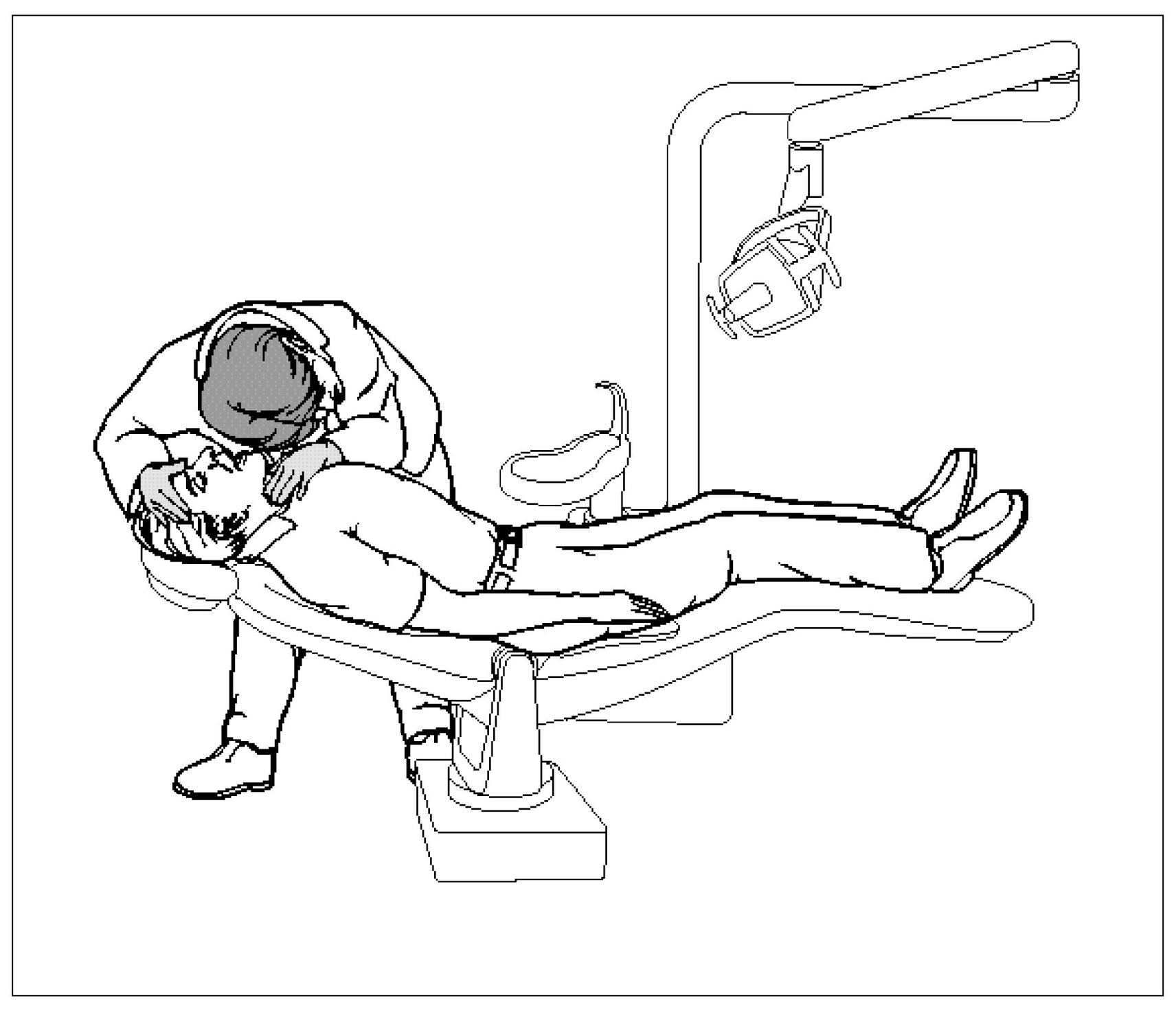


Hemifacial Spasm – A chronic spasm affecting one side of the face.

“Idiopathic” means that the cause for the buildup of pressure is unknown, but there is an association with obesity and ingestion of certain medications.īlepharospasm – A condition of uncontrolled blinking, squeezing and eyelid closure affecting both eyes without an obvious cause. Papilledema (swollen optic nerves) – Optic nerve swelling is caused by elevated pressure inside the head, and can be caused by brain tumors and blood clots involving the major veins surrounding the brain.Ī less serious form of optic nerve swelling, idiopathic intracranial hypertension, can occur in young women of childbearing age (and less frequently in men or children).

Because unequal pupils can be an indicator of a serious underlying condition such as a brain aneurysm or a lung tumor, the condition should be evaluated without delay once detected. This condition is often associated with multiple sclerosis.Īnisocoria (unequal pupils) – Unequal pupils can be observed in neurologic conditions such as migraines, Horner’s syndrome, Adie’s tonic pupil, and third nerve palsy. There is usually rapid deterioration of vision followed by a more prolonged course of visual recovery. Optic Neuritis – A condition where the body’s immune system attacks its own optic nerve. Some common neuro-ophthalmic conditions include:Ĭerebrovascular Accident (stroke) – Strokes can lead to double vision when the brainstem is affected, as well as to the loss of the field of vision when either of the brain hemispheres is involved.Īnterior Ischemic Optic Neuropathy – A sudden loss of blood supply to the optic nerve causing a stroke to the optic nerve tissue and permanent vision loss. These can lead to double vision, vague disturbances in vision, and sudden loss of vision. Therefore, conditions affecting the central nervous system can also have an impact on one’s vision. These approaches allow our surgeons to access tumors and other abnormalities with smaller incisions, less scarring and faster recovery times.The eyes and the visual pathways are connected with the central nervous system. Using minimally invasive techniques, we’re able to perform orbital surgery through the skull base, sinuses, cranium and nasal passages. Orbital surgeons can also reconstruct the eye and surrounding tissues. These include issues related to the tear ducts, eyelids, eye structures and face. Our team of oculoplastic surgeons specializes in the latest surgical techniques to treat problems of the orbit, or eye socket. When you have a serious eye problem – an eye socket tumor or eyelid abnormality – you need cutting-edge care from skilled, experienced practitioners. This misalignment can cause different types of strabismus, including: Strabismus happens when one eye looks directly at an object or person, and the other eye looks inward, outward, upward or downward. Some conditions treated by neuro-ophthalmologists are related to strabismus, where both eyes are misaligned and can’t work together as a team. Optic nerve problems like optic neuritis and ischemic optic neuropathy.Some of the most common vision conditions evaluated by neuro-ophthalmologists include: No matter what kind of neuro-ophthalmological condition you have, our team has the experience to make an accurate diagnosis and recommend the right course of treatment for you. Sometimes the problem is confined to the optic nerve or the nervous system, and other times it’s related to a general medical condition. Neuro-ophthalmologists have the unique ability to evaluate patients from a neurologic, ophthalmologic and medical perspective in order to diagnose and treat a wide variety of conditions.Īlthough some problems treated by neuro-ophthalmologists aren’t worrisome, other conditions can worsen and cause permanent visual loss – or even become life-threatening. Conditions treated by a neuro-ophthalmologist near you And at Aurora Health Care, you’ll get advanced treatment options tailored to your unique needs and condition. In addition to getting the most accurate diagnosis and treatment, you can often avoid costly medical testing by seeing a neuro-ophthalmologist. In other words, they help with visual problems that don’t come from the eyes themselves. Our neuro-ophthalmologists have specialized training and expertise treating visual problems related to the nervous system. Neuro-ophthalmology, a subspecialty of neurology and ophthalmology, is used to treat problems of the eye, brain, nerves and muscles. These include eyesight, eye movement and more. Minimally invasive robotic brain surgeryĮvery day, you use nearly half of your brain for vision-related activities.Parkinson's disease & movement disorders.Choroid plexus tumor symptoms & treatment.


 0 kommentar(er)
0 kommentar(er)
